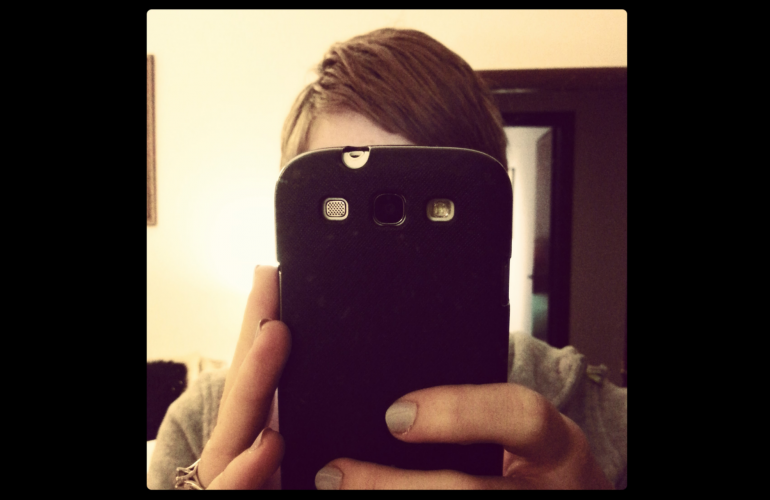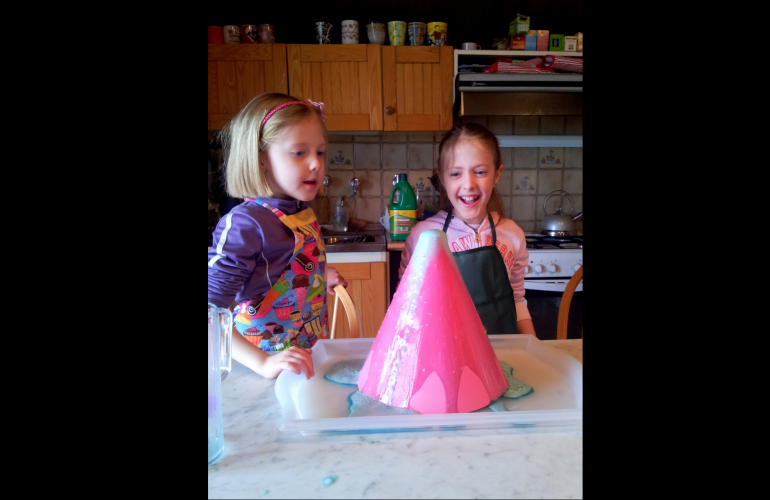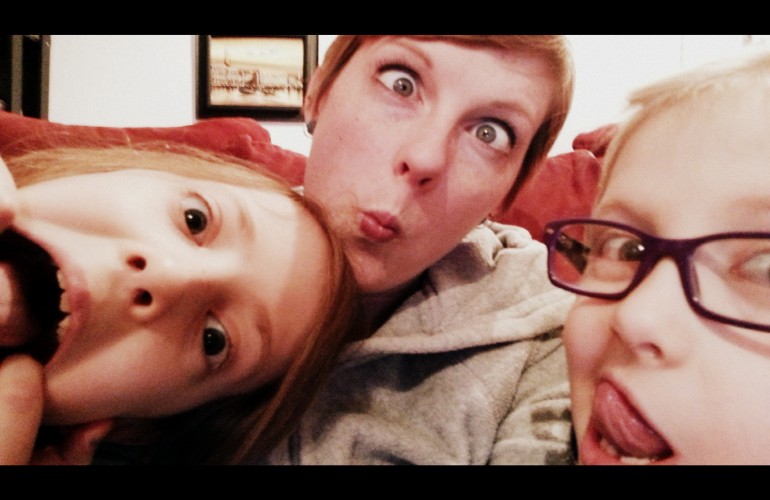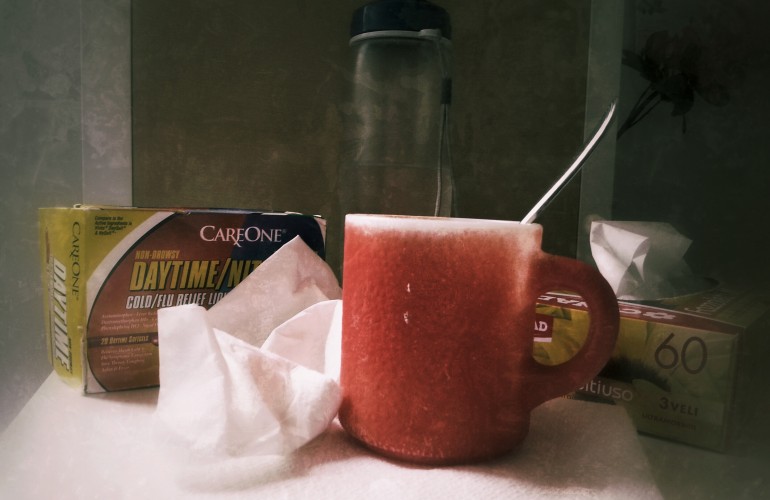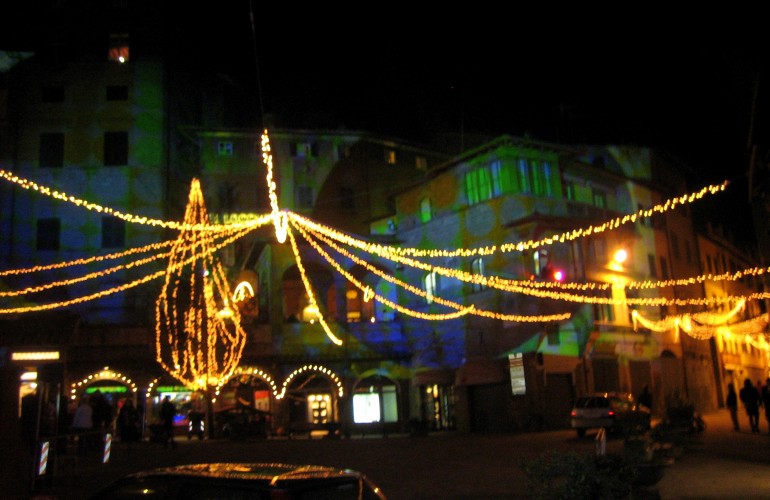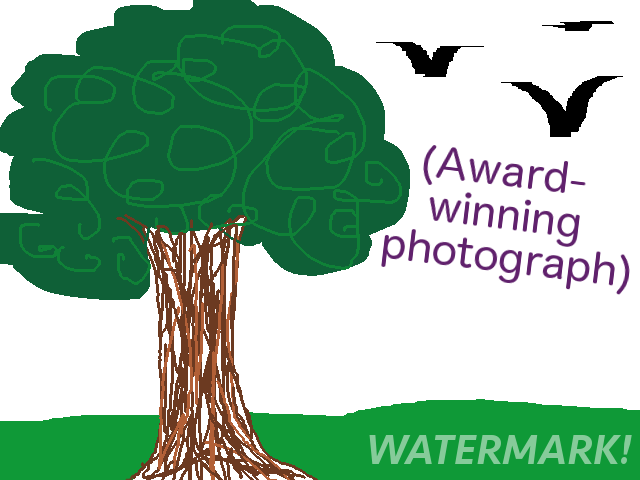On Monday mornings, I wake up slowly. I’ve always done a clumsy job shifting between weekday and weekend mindsets, and no matter how straight I aim my Sunday night intentions, I tend to wake up in a dead stall—engine cold, momentum at zero, the week’s potential out of view beyond a right turn. I’m working on showing myself grace this year, so I accept that morning pages will not get written first thing on Mondays. Neither will inspirational reading be absorbed. I will not be jumping up to hit the track, nor will I be performing sun salutations on the yoga mat I keep forgetting to acquire. The only thing I am capable of doing when I wake up on a Monday is settling back into my pillows with a cappuccino and scrolling through Instagram while I wait for the caffeine to loosen my mental gears.
Now, I love Instagram. It feels like the least needy of the social media conduits, rarely snagging at the threads of my attention with links, surveys, or political commentaries. The comment sections can get a little dicey, but I don’t think I’ve ever seen someone post a Willow-filtered snapshot to illustrate their outrage over the latest hot topic. By and large, Instagram inspires users to curate the beauty in their daily lives. People appreciate and preserve little moments through the act of sharing them, and others appreciate and share in return, and say what you will about our narcissistic culture or the ascent of selfies, but I love the whole construct. I do.
That said, I myself post photos sparingly. Part of the reason is that I want to avoid the habit of detaching from beautiful moments in order to crop and filter and caption them, but the other part is that I simply forget. It doesn’t occur to me to document the majority of my daily circumstances, even as I extract pearls of gratitude from them, even as I notice their unique and lovely hues. My “hey, I could Instagram this!” gene must be recessive.
I spend a kid-free Sunday afternoon wandering medieval streets, fingers woven through my husband’s in the most blissfully unFebruary sunlight, and forget to document a second of it.
I give the girls as a Valentine’s gift a packet of coiled paper streamers that they blow into a giant pile of pink insta-wig, but I forget to capture the hilarity.
I peek in on them as they sleep, my heart catching tight in my throat as it always does to see them so relaxed, so safe in their vulnerability, small elbows cradling beloved stuffed animals.
I look up from my own dregs of sleep to catch Dan bringing in a deluxe Saturday breakfast for me. Still, after eleven years, this.
I hang wet sheets on the balcony and breathe it all in—the Mediterranean sunlight, the quiet symphony of our neighborhood, the cypresses whisking pollen into the air and teaching the world to sneeze, our Italian way of life.
I make us this day our daily pasta. I lift weights (got to burn off all that pasta somehow!). I coach the girls with their piano practice. I dial up my sister’s sweet face on Skype. I discover that if you run out of polenta and try to substitute fine-ground cornmeal, you will end up with a pot of yellow Elmer’s glue. I switch between flip-flops and winter slippers like the uprooted Texan I am. I read Romans and Gabriel García Márquez. I cheer and groan and formulate Thoughts on the Olympics. I kiss friends on both cheeks in greeting. I use the last of the midnight blue nail polish. I kick my feet up next to Dan’s while we discuss whether we’re more in the mood for Firefly or It’s Always Sunny in Philadelphia. I water my “poor kid.” I burn the pizza.
Life pulls me straight into its kaleidoscope heart, and I ride the color from second to second, pattern to pattern, and each one is worth memorializing in some way. I forget to Instagram most of it though, and this finds me on Monday morning scrolling through proof of my friends’ beautiful weekends and wondering where mine got off to. It’s not that I think an instant of life has to be posted online to mean something—goodness no—but I still miss undocumented moments as if they were old friends moving out of state. How long until we lose contact? Until they stop coming to mind? Until I forget that they were ever in my life?
I’ve been afraid of forgetting ever since I was a 10-year-old journaling what I’d eaten for dinner and what I’d studied in school that day. Anne Frank’s diary made me wild to record every second of myself for posterity. Years later, I’d write at red lights or in empty parking lots because I couldn’t wait until I got home; I might forget too much.
And I do. I forget too much. Dan will try to reminisce with me about our early years together, and I’ll ask, “That happened?” I can watch the same movie twelve times and be surprised twelve times by the ending. The fingers of my mind hold memory loosely, as casually as if it were a handful of gravel, and pebble-sized bits of my life slip through before I remember that I could be documenting them.
An ongoing lesson in my life, however, is how to let go. I’ve written about it here before, how I struggle with letting good things come to an end even if they no longer have a place in my world, but I’m getting better at it. I’m learning to sink back against my trust that if a tree falls in an empty forest, it still makes a sound, and if a swath of delight cuts through my day undocumented, it still serves its purpose. Sometimes living in the moment means grasping it with both hands, a smartphone, and an armada of hashtags… and sometimes it means quietly enjoying it and then releasing it into the care of the universe. Both ways are valid. Both celebrate the beauty. (Repeat to self daily, twice on Mondays.) And it’s possible that forgetting to Instagram might just be the most Zen choice I [n]ever make.
